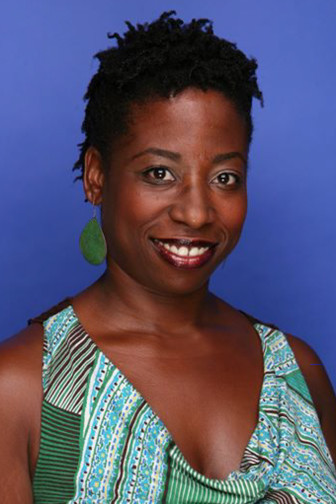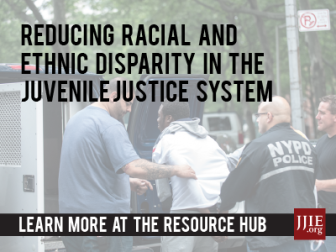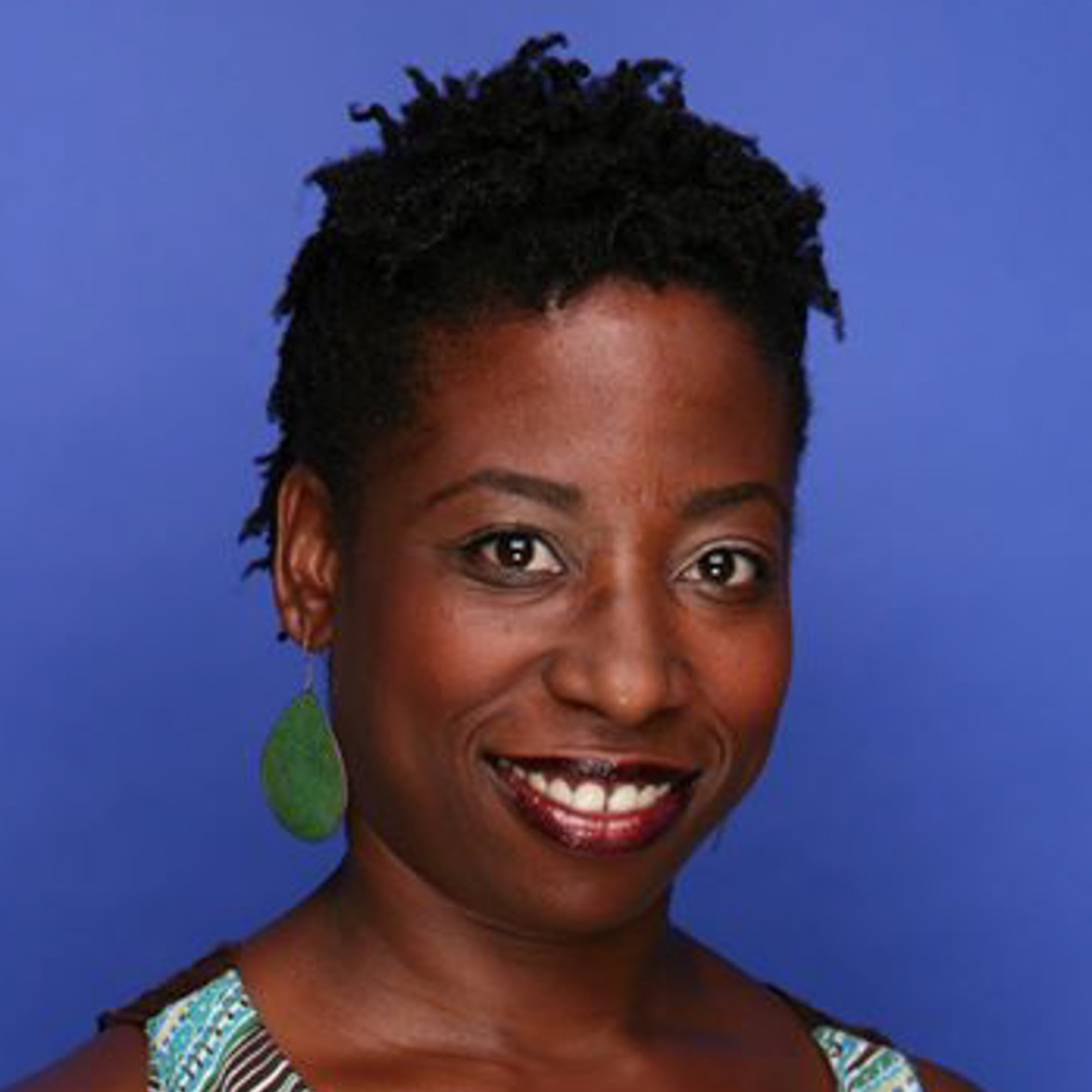 Our little family rarely gets a chance for down time at home so when my son woke up on a summerlike Sunday morning with nothing on his agenda, he told me he wanted to go to the library.
Our little family rarely gets a chance for down time at home so when my son woke up on a summerlike Sunday morning with nothing on his agenda, he told me he wanted to go to the library.
You’re thinking, “Wow,” right; the boy wants to spend his weekend at the library. His new fetish is manga comics. Hey — no harm there; he just finished "The Odyssey"; he's up to date for the most part on the classics.
So he wants to go to the library, but he doesn’t ask me to take him; he wants to ride his bike a whopping 1.5 miles away. Remember, you’re reading the over-reactor, but for those who are not familiar with current events, it is a big undertaking for a parent to allow her black son to ride his bike in the ’hood. Lemme explain:
We live in Washington, D.C.’s inner city. That’s code for the urban part of the city, the ghetto or the other side of the tracks. In our instance, it's the other side of the Potomac River. My neighborhood is actually a gem, though, with our very own national park, flower club and civic association, but I digress.
So when my son confidently announced that he’d be riding his bike to the library, I tried to remain calm and collected and support his desire to be independent. He decided that he’d take the lock and chain that hooks up our barbecue grill to our home’s barred windows and use that as his bike lock. (Ahem, another hint that we’re in an urban ’hood.) He filled his sport bottle with water and made sure his wallet was on his person — something I remind him about daily.
So what’s the big deal, right? In the olden days, the only directive would have been to look both ways.
 Today, however, the big deal is multipronged: 1) getting snatched up/kidnapped. Our neighborhood was featured in national news just a year ago when 8-year-old Relisha Rudd was kidnapped and her assailant found dead in the park across the street from our home 2) getting hit by a vehicle 3) getting stopped by police for “fitting the description” also known as racial profiling 4) not having the receipt for his bike (yeah, seriously; did you read “How riding your bike can land you in trouble with the cops — if you're black”) 5) getting robbed for his secondhand bike and/or old iPhone 6) meeting a stray bullet.
Today, however, the big deal is multipronged: 1) getting snatched up/kidnapped. Our neighborhood was featured in national news just a year ago when 8-year-old Relisha Rudd was kidnapped and her assailant found dead in the park across the street from our home 2) getting hit by a vehicle 3) getting stopped by police for “fitting the description” also known as racial profiling 4) not having the receipt for his bike (yeah, seriously; did you read “How riding your bike can land you in trouble with the cops — if you're black”) 5) getting robbed for his secondhand bike and/or old iPhone 6) meeting a stray bullet.
The latter point really hits home for me right about now. A fellow journalist, Charnice Milton, was on her way home nearby when, it seems, she was used as a human shield by a cowardly young man on the street who was being shot at. She died soon after the incident. Ms. Milton actually covered two stories that I was involved with — her emails remain in my inbox. I am scared, saddened and angered by this turn of events. And nervous.
I was tempted to simply offer to drive him. It’s pretty ridiculous and probably would take more time to back out of the driveway, drive through the neighborhood, wait for the traffic lights and find a parking spot, but honestly, I would have felt more safe with him in my presence, under my responsibility, on my watch.
In fact, many parents do say no — thinking that a child at home is safer than a child venturing through the streets. A 2013 MinnPost article highlighted the changing dynamics in parents making kids stay inside to play for fear of outside dangers and risks.
According to the stats, though, it's supposedly safe out there. In April, the Washington Post published "There’s never been a safer time to be a kid in America," which explains kids are less likely to get hit by cars or kidnapped on their way to the park. And a 2000 poll suggests that kids are safer in the streets than in school.
So, I granted him independence. I did have to insert a few scare tactics the way my parents did to keep me from doing something.
“If someone threatens you and asks for your bike, what do you do?”
“I guess I’ll have to say that I’ll let them have the bike,” he replied after some thought.
Correct!
“If you drop your phone in the street while riding, what do you do?”
“You care about my health more than the phone, mom. I know,” he said smartly.
He gets it. I think.
I’ve also told him to make sure he has his school ID in case he has to prove his identity. (And really, deep down inside, I was thinking that if something horrible happened, so he could be identified and someone could get in touch with me.)
This is no way to live. But it’s the way many of us do.
Yes, he came back just fine, but for 30 minutes, I watched my phone, said a prayer and tried to convince myself to relax.
My spouse said, “He’s a boy; he’s doing what he’s supposed to.” Yes. I just wish everyone else in the streets were doing what they are supposed to, too.
Zerline Hughes is a Washington, D.C., communications consultant and blogger on social justice issues. Her blog Not These Two focuses on keeping her children out of the school-to-prison pipeline. Follow her on Twitter at @zerlinehughes.

Great piece that illustrates the reality of raising black boys in the US today and also that even neighborhoods or communities that struggle form tremendous disinvestment have strengths that often get overlooked, but should be built upon.
After watching a video of rowdy kids having police draw his gun, then put his knee and full body weight on a girl crying for her mom, I completely understand it. I pray for your kids everyday and all the rest.
Pingback: Repost: Biking While Young and Black | Not These Two